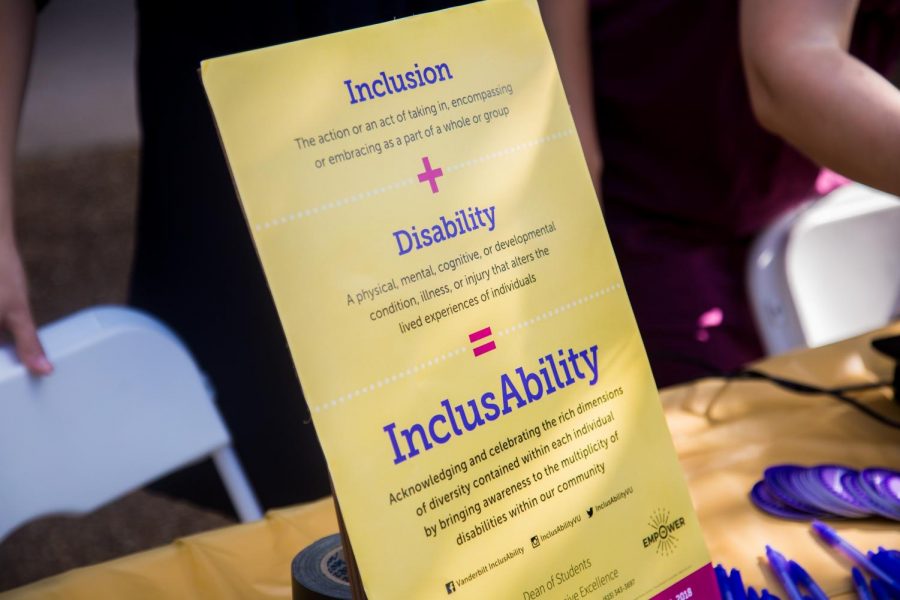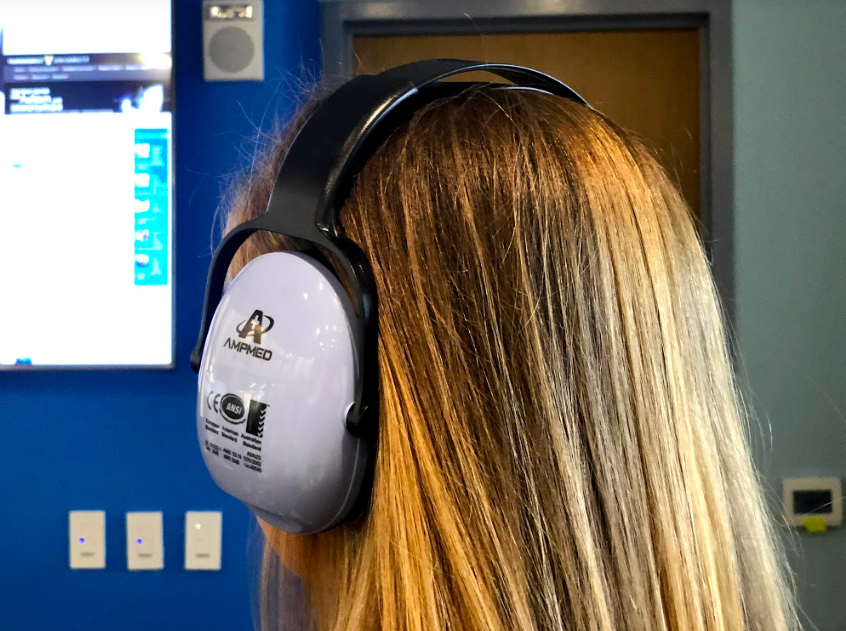Autistic people are everywhere. They make up between 1.7 and 2.5 percent of the American population. They’re among your classmates, coworkers, friends and family members. So, naturally, every university in the United States has services that support autistic students. Sometimes these services are general supports available to all students with learning differences or disabilities. Occasionally, colleges will also have resources specifically related to autism. However, only one university in the world is currently certified as “Autism-Friendly” – Dublin City University (DCU) in Ireland.
To receive this accreditation, DCU worked in cooperation with AsIAm, an Irish organization dedicated to autism advocacy and outreach. AsIAm has established a set of eight principles that colleges can follow to ensure they are helping autistic students meet their full potential. Since AsIAm made these principles public, universities from around the world have reached out to begin the process of receiving accreditation.
The founder and CEO of AsIAm, Adam Harris, visited Vanderbilt University on Wednesday, Nov. 28 to discuss the Autism Friendly accreditation process with representatives from several campus offices. Harris, who is autistic himself, was invited to visit Vanderbilt by the new Frist Center for Autism & Innovation. In his presentation he walked through the steps Vanderbilt could take to officially become Autism-Friendly, and several reasons why doing so would benefit the campus community. The participants in the meeting expressed optimism and excitement. If Vanderbilt follows through, it could become the very first certified Autism-Friendly university in the country and on the continent.
What would being Autism-Friendly entail? As mentioned before, AsIAm has set eight principles, which are as follows:
- Encourage and enable autistic students to transition and participate in university programs.
- Support and build capacity to equip autistic students to meet the academic challenges of everyday university life.
- Support and build capacity to equip autistic students to meet the social challenges of everyday university life.
- Seek to establish an Autism-Friendly operational environment.
- Seek to combat the stigma around autism and recognise the diverse experiences of those with the condition.
- Develop understanding and relevant knowledge and skills within the university community.
- Establish channels so that autistic students can have a voice in various aspects of university life.
- Increase the employability of autistic graduates through a range of initiatives that will develop their soft-skills to support their transition beyond university.
From recruiting autistic students to helping them transition into the workforce, these principles address almost every facet of the college experience, start to finish. If Vanderbilt chooses to pursue accreditation, campus resources and leaders will have to come together and identify existing or potential initiatives that satisfy each of the eight principles. For example, to “encourage and enable autistic students to transition and participate in university programs,” Vanderbilt could begin actively recruiting autistic students. Or to “seek to combat the stigma around autism and recognise the diverse experiences of those with the condition,” the university might have an autism awareness day celebration. These are just initial ideas, and there are a variety of complementary actions that Vanderbilt could take to meet the goals outlined in the eight principles.
So, what are the benefits? Why is it worth Vanderbilt’s time and money to become Autism-Friendly? I can come up with two good reasons: it’s in keeping with Vanderbilt’s commitment to fostering diversity and inclusivity, and it advances the university’s goal of preparing the best and brightest to impact society.
One of Vanderbilt’s defining elements is its dedication to promoting equity, diversity and inclusion. There’s even an entire office devoted to upholding these values. Currently, there are initiatives in place to ensure that students of color, LGBTQI+ students, international students, and students from disadvantaged backgrounds feel welcome at Vanderbilt. Administrators have explicitly stated their desire to have these individuals participate in the Vanderbilt experience. This school sincerely believes that diverse viewpoints contribute to a productive learning environment for all students. The same goes for neurodiverse perspectives, which can also be valuable to the community at large. By becoming Autism-Friendly, Vanderbilt can demonstrate how genuinely it cares about diversity.
As one of the top universities in the world, Vanderbilt exists to educate young adults and prepare them to go out into the world. Students are challenged to become critical thinkers and problem solvers. They then graduate and are expected to make their own contribution to society. But when autistic people feel like they aren’t welcome in higher education, or like their needs cannot be properly met, their talents are missed. Capable, promising potential students are overlooked. Thus, being Autism-Friendly would help Vanderbilt ensure that it is attracting brilliant students who are both neurotypical and neurodivergent. Autistic people have significant talents to offer the world, and they deserve the right to develop them at a remarkable university like Vanderbilt.
Vanderbilt has a golden opportunity – to become the first accredited Autism-Friendly university on this side of the globe. Taking this step would involve coordination between offices and years of thoughtful implementation. But ultimately, Vanderbilt would be reaffirming the values of diversity, inclusivity and intellectual distinction that are so central to its identity.



